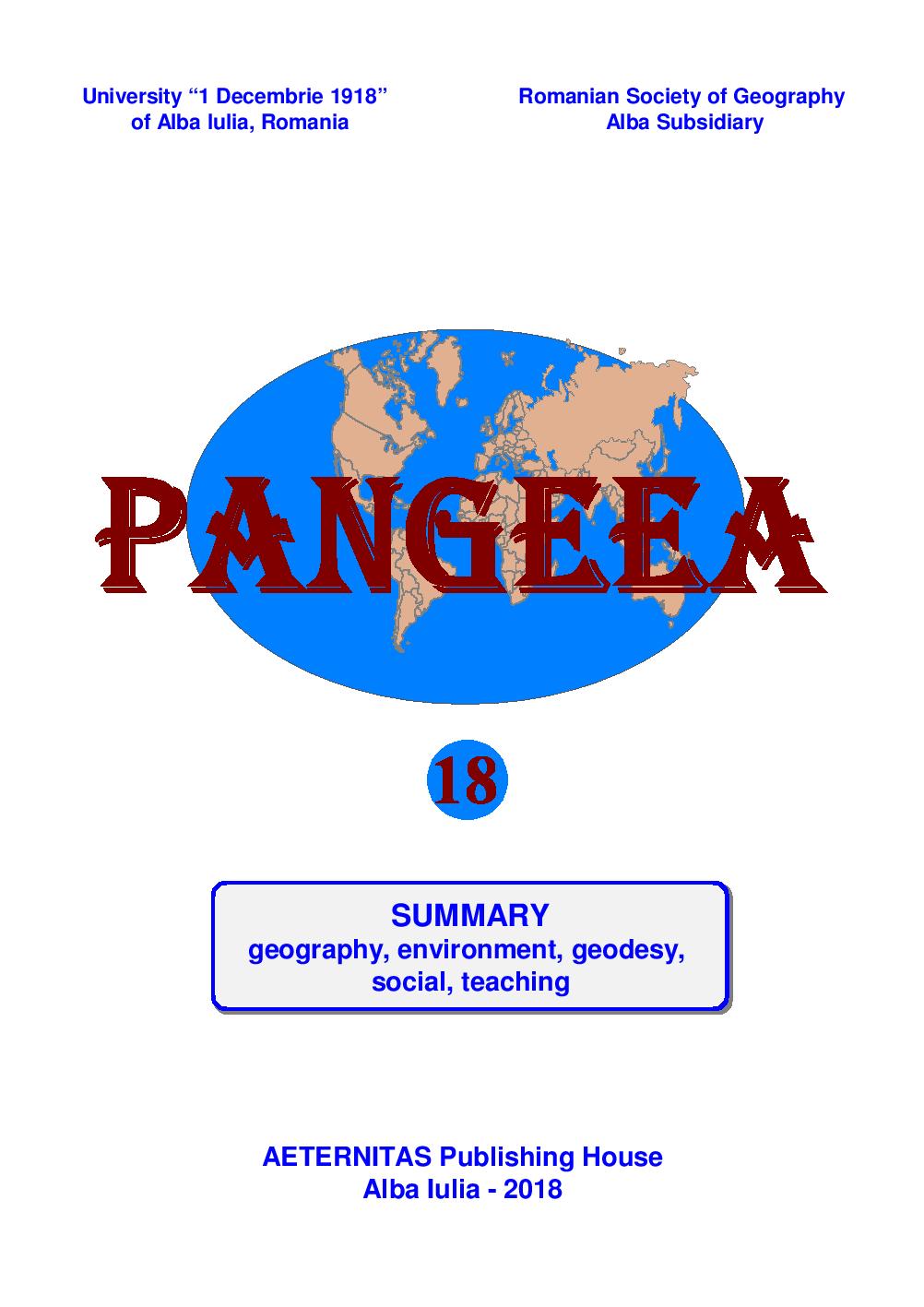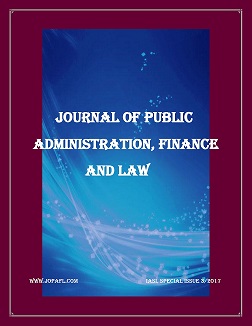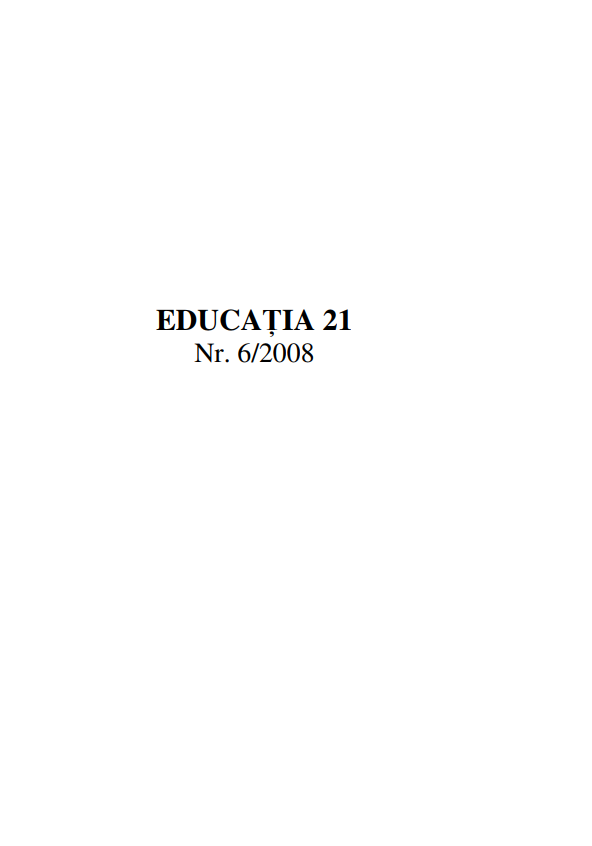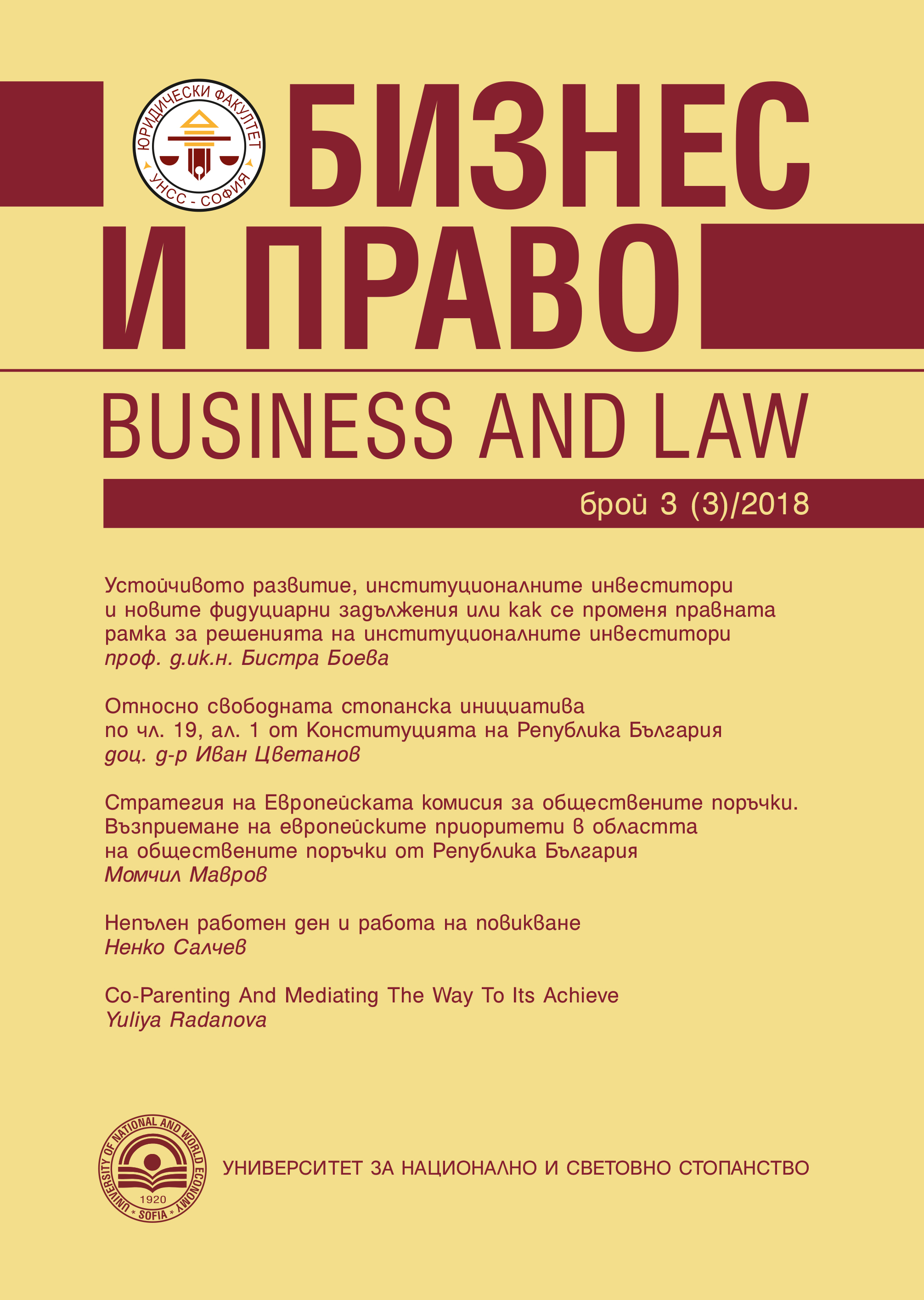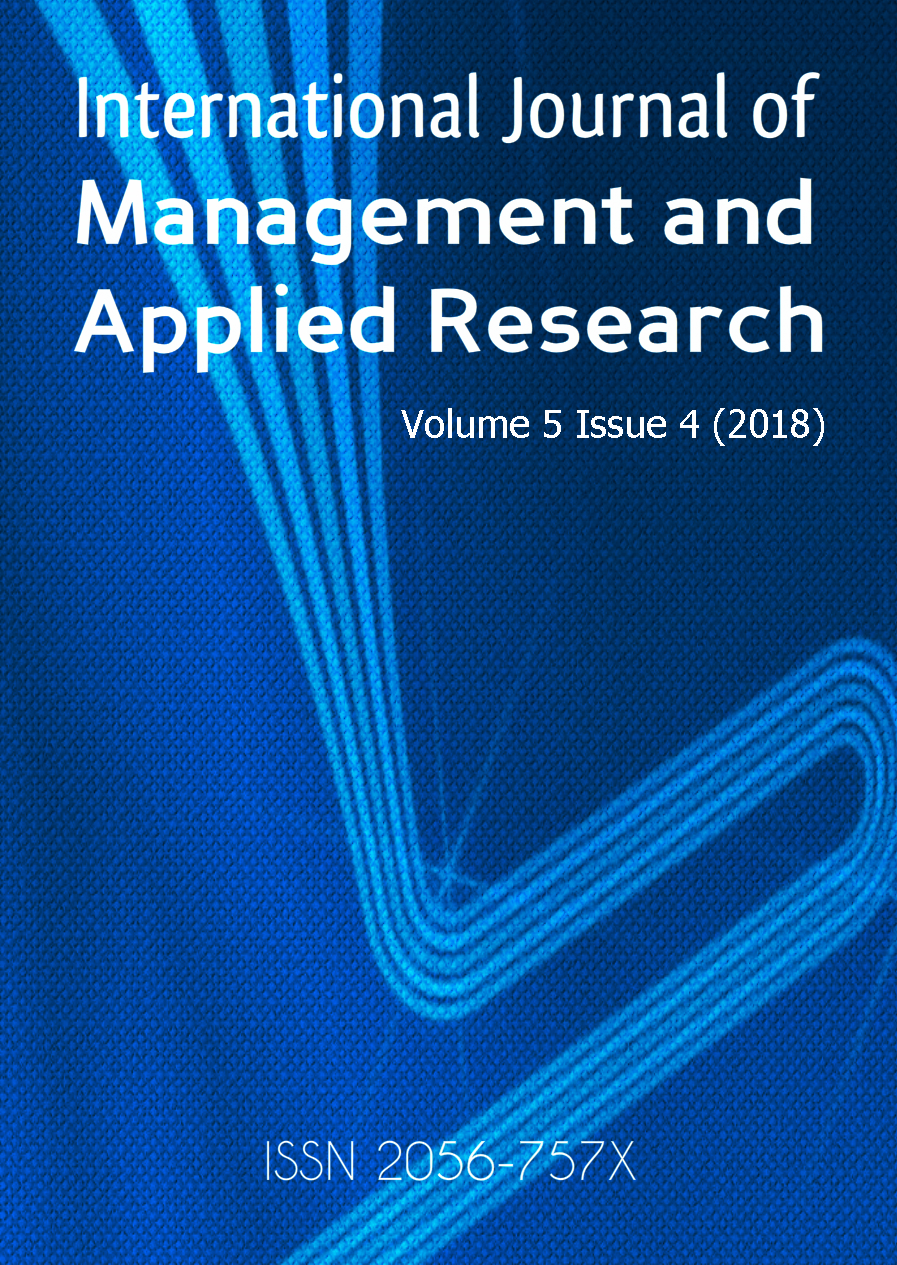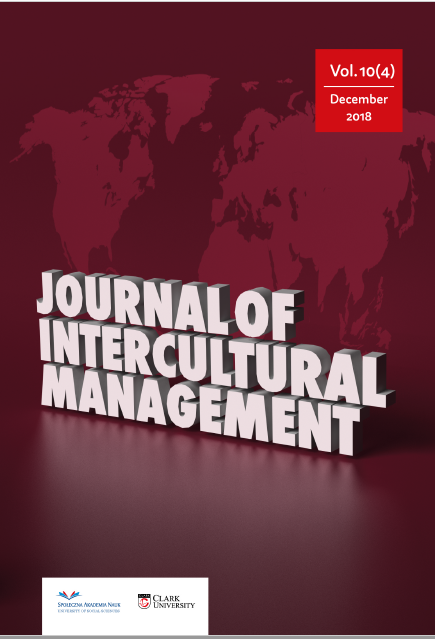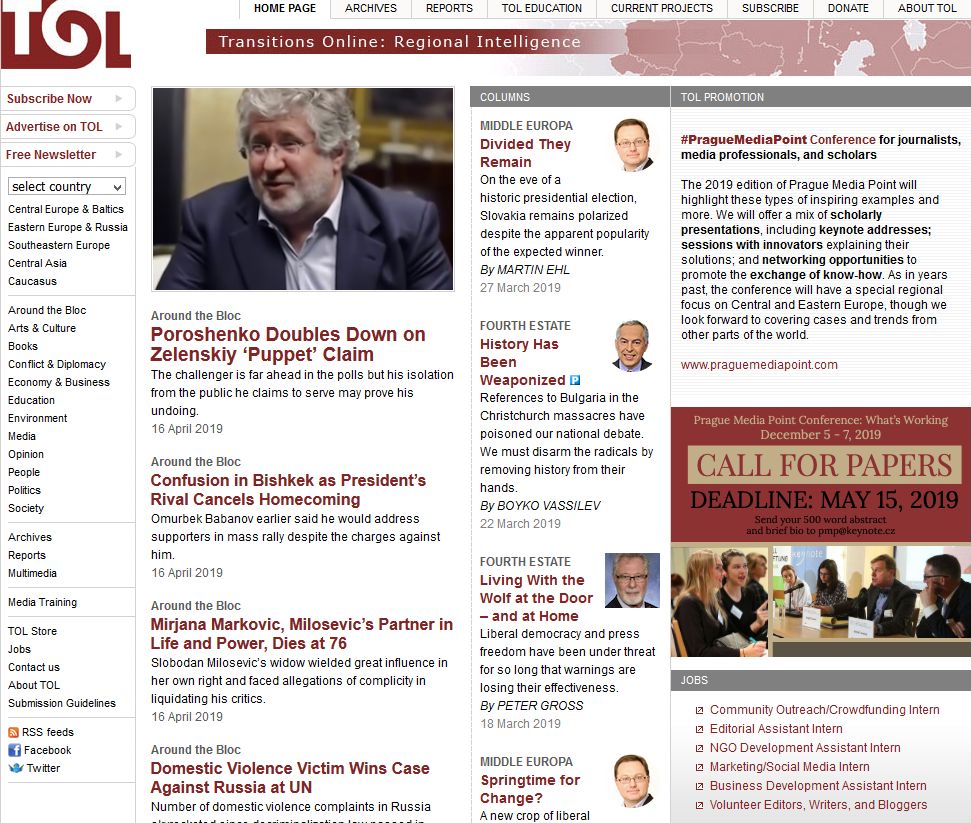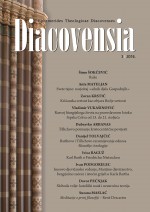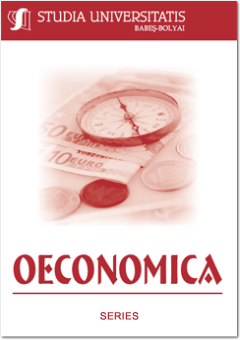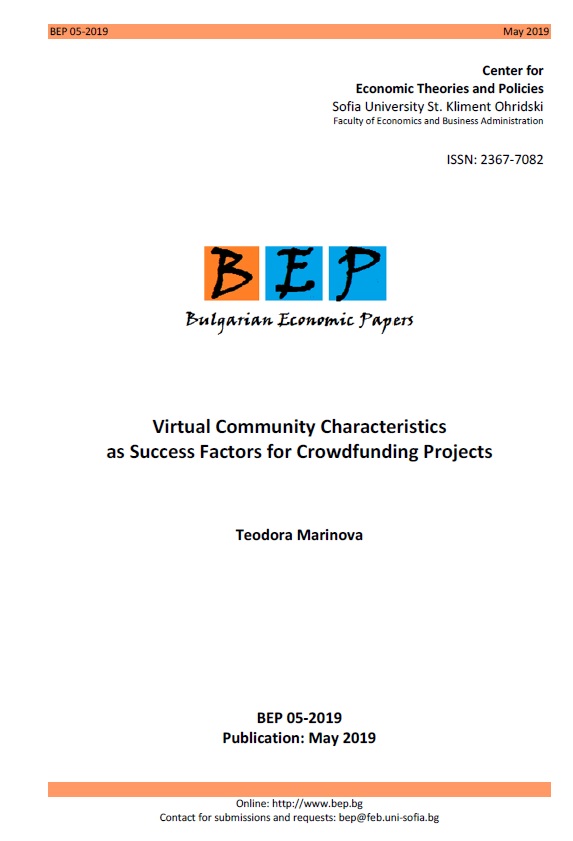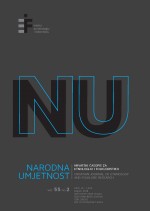Author(s): Žarko Španiček / Language(s): Croatian
Issue: 14/1991
This paper primarily deals with co-proprietary mills, the ways of their use and their management The main object of analysis is horse-driven mill, called »suvara«, from the village of Otok near the town of Vinkovci Horse-mills became established in the first half of 18th century in the Eastern Slavonia, particularly in the surroundings of the towns of Vinkovci and Županja, their building being animated by the authorities of the Military Border. Those horse-mills were established and used as co-proprietary mills. Horse-mills, as well as other co-proprietary mills, were built by the means of entering into partnerships of small individual shares, because such an expensive undertaking was not possible for a single peasant. The principle of concentration of capital of a lot of small private owners will fully develop joint-stock companies that will enable enormous enlargement of production as well as the foundation of huge enterprises. Shareholder is a joint owner who, in accordance with the number and value of his shares, has the right to get the part of the profit (dividends), to vote at the assembly, as well as the possibility to elect and to be elected a member of joint-stock-company authorities. By the same analogy, a horse-mill joint owner has the right to get a part of income (miller’s toll), to take part in making decisions and the possibility to get duty in the management of the mill. Collective labor is not characteristic of coproprietaiy-mills production because they are communities of ownership, not communities of work. This feature, together with the appearance of the wage laborer-miller, are typical of the capitalist production relations. Co-proprietary relationships in the rural mills are even more similar to the joint-stock-company principles in those mills where the proportion between co-proprietary participation and the amount of income was established. However, rural co-proprietary mills were first of all built to satisfy the needs of their joint owners which makes them still part of the natural economy. Yet, the concentration of means in order to realize greater enterprises, the appearance of wage labor on one hand and the ownership as the origin of income on the other, as well as the proportion between (»proprietary participation and the amount of profit are the embryo of new production relations that had appeared in co-proprietary mill and further developed in capitalism. Slavonian horse-mills thus represent a transitional mode from the traditional-feudal towards capitalist mode of production.
More...
